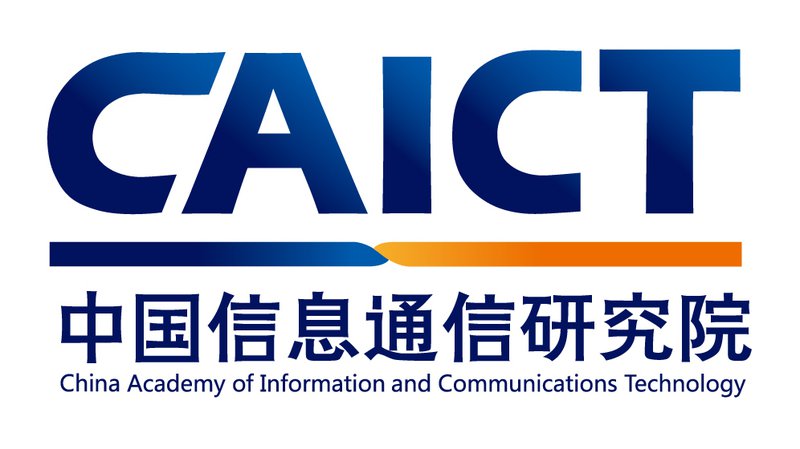At China’s recently held fifth annual World Internet Conference in Wuzhen, tech companies such as Tencent pledged support for Beijing’s counterterrorism efforts. These efforts, codified into law in late 2015, have culminated most sharply in the ongoing crackdown in Xinjiang. The conference, as in years past, was subject to multiple censorship directives.
In September, the China Academy of Information and Communications Technology (CAICT), a think tank under the Ministry of Industry and Information Technology (MIIT), published an artificial intelligence security white paper that outlined development areas describing how Beijing aims to use AI to automate censorship and control public opinion, and improve public security. CDT has translated excerpts of the report:
[…] Artificial intelligence can predict the development trajectory for internet incidents, strengthen early warning capabilities as events evolve, preemptively intervene in and guide public sentiment to avoid mass online public opinion outbreaks, and improve social governance capabilities. Currently, the main system for monitoring public opinion online has built upon a pre-existing base of big data analytics with natural language processing, machine reading comprehension, and other related technologies to improve the system’s intelligence level.
[…] Domestic internet companies started conducting research and development into automating information/content security inspections and industrializing applications earlier than foreign companies. This was especially the case with representative examples of large internet companies such as Alibaba, Tencent, Baidu, and Netease. By performing security management upon their own businesses, they accumulated massive standard sample libraries, used this to train models to identify illegal content involving pornography, terrorism, violence, etc., and each launched an artificial intelligence-powered illegal information detection service. According to relevant enterprise research and feedback, AI recognition has a 99% accuracy rate for identifying illegal and harmful information in pictures and videos; the recognition accuracy for speech and text is as high as 90%.
[…] Artificial intelligence is gradually developing into a new universal technology, and promoting the automation and intelligentization of traditional industries. In the field of public security, mature general technologies such as artificial intelligence-powered computer vision, speech recognition and synthesis, and natural language processing have begun to be applied to fields such as security monitoring, data investigation, and public opinion control. We should vigorously promote coordinated development between artificial intelligence enterprises and traditional public security enterprises, jointly explore the need for integration, highlight pain points for the industry’s development, form integrated solutions, accelerate expansion of application areas, and promote the use of artificial intelligence in areas that involve the broad application of public security in smart public security, smart transportation, and smart finance, in order to improve the intelligentization of national social governance.
[…] The second is to strengthen the guidance of public opinion and establish the correct idea for development. Although the development of artificial intelligence technology has achieved remarkable results, there are still some shared problems. As many industrial applications (such as autonomous driving, intelligent robots, etc.) are in the exploration and testing stage, they are still immature and may cause security incidents. As for the security incidents caused by artificial intelligence technologies in the industrial application process, we should strengthen positive thinking in public opinion propaganda, reduce social anxiety, guide people to correctly view the security issues in the development of new technologies, and create an open environment for the development of artificial intelligence technology and industrial advancement. [Chinese]








